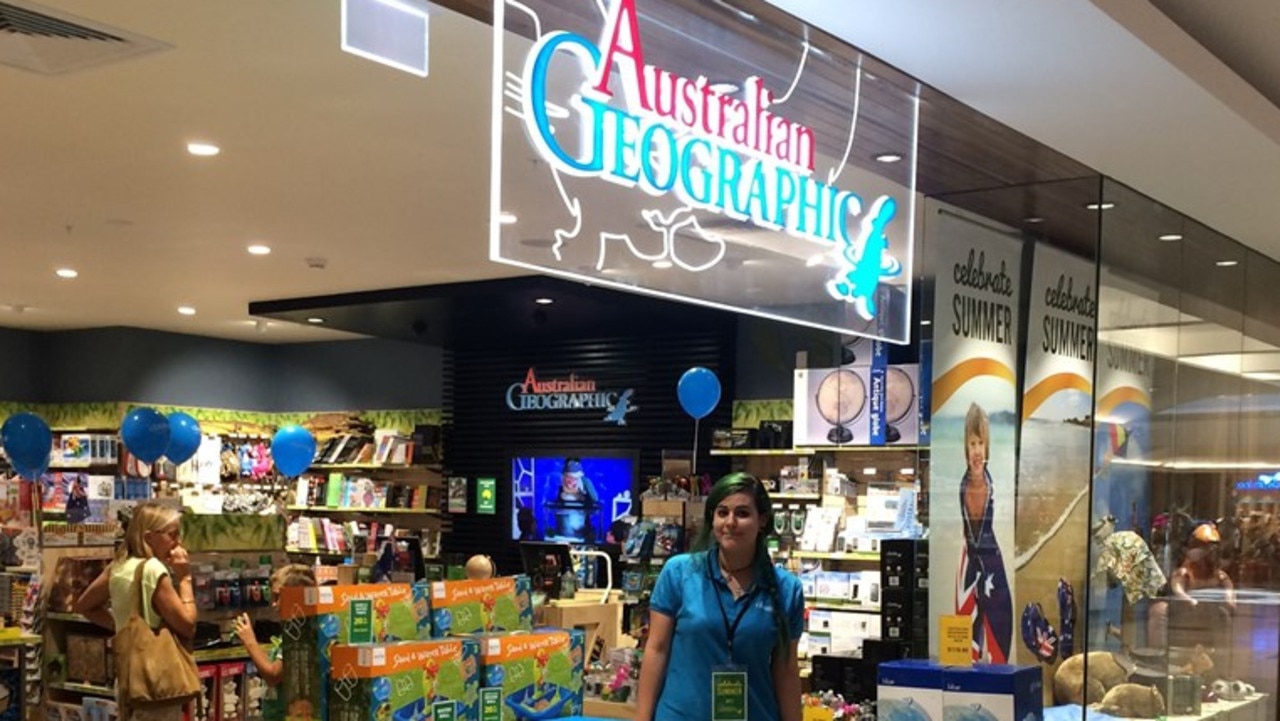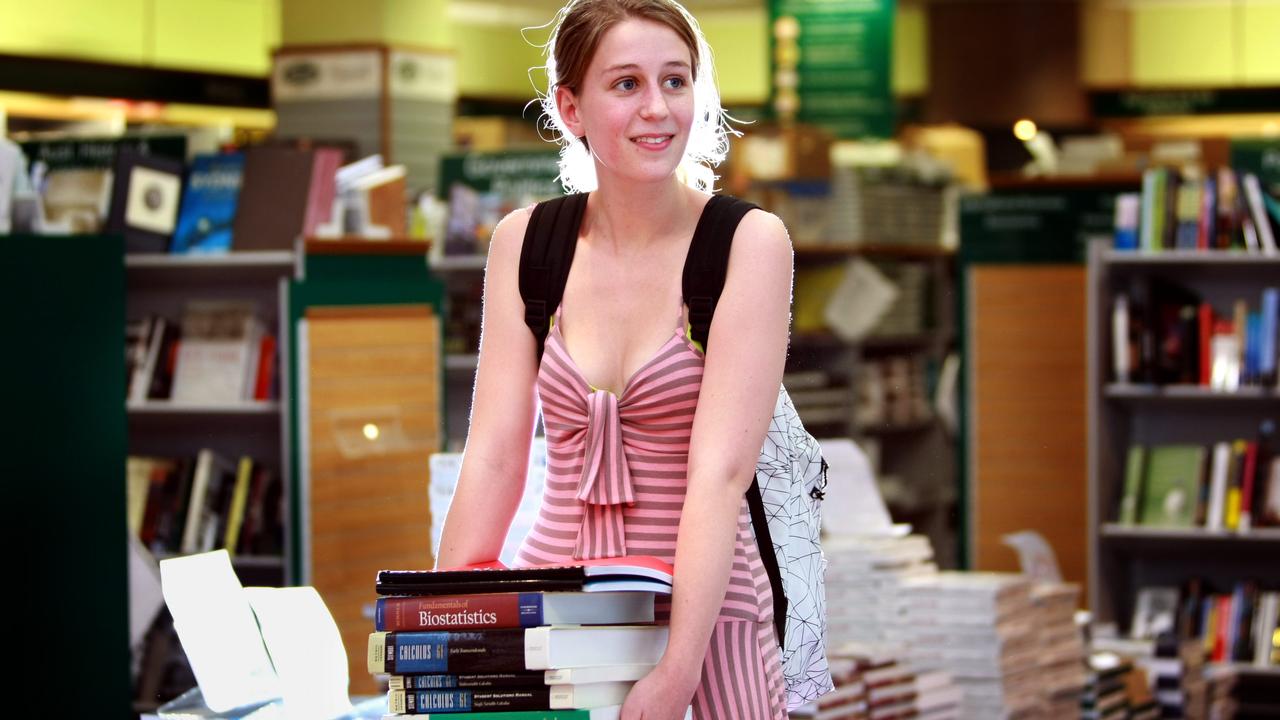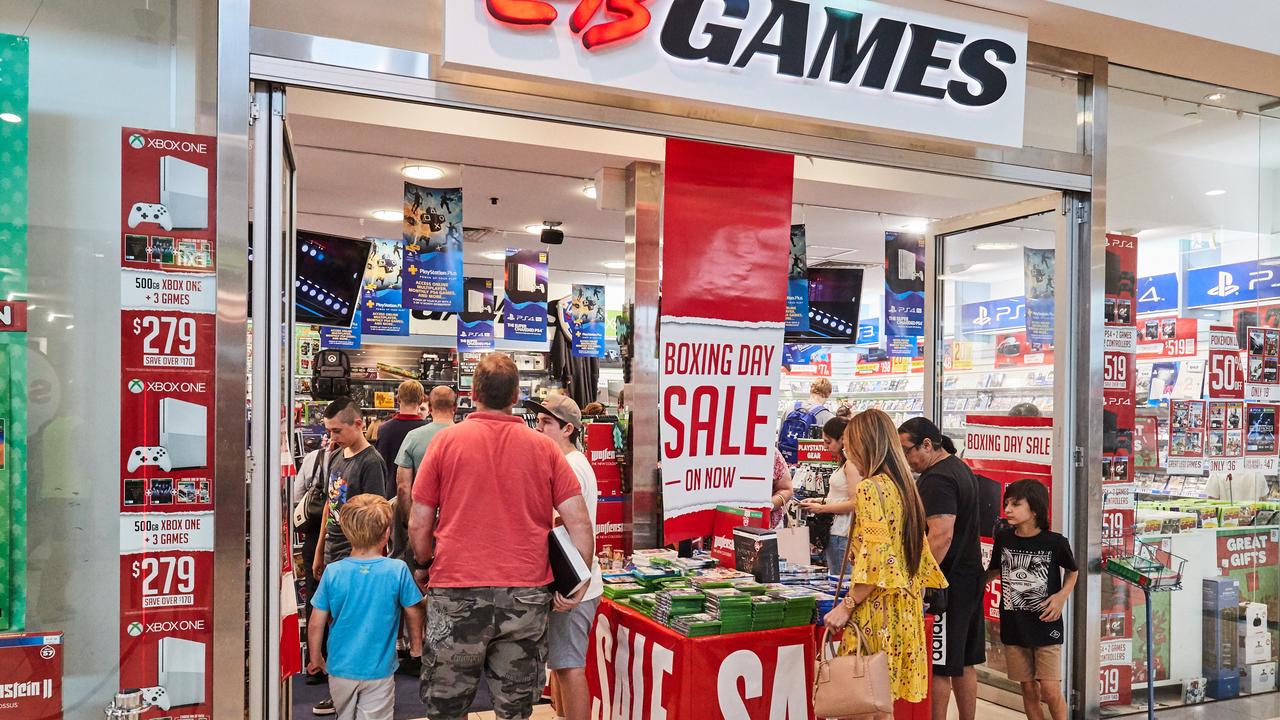63 Curious Planet shops set to close after owner Co-op Bookshop fails to find a buyer
A further 63 Australian stores are set to shut within weeks after administrators failed to find a buyer for this popular retail chain.
The popular Co-op Bookshop collapsed into administration in October – and now the company has been dealt yet another massive blow.
The University Co-operative Bookshop Limited – more commonly known as Co-op Bookshop – appointed administrators Phil Carter, Andrew Scott and Daniel Walley of PwC several months ago with around $15 million of debts on its books.
In addition to the firm’s university bookshop arm, it also owns 63 Curious Planet stores across the country – a well-known educational retailer previously known as Australian Geographic and My Geographic.
That branch of the business – originally founded by multimillionaire Dick Smith – was purchased by the Co-op Bookshop parent company from Myer Family Investments several years ago.

The administrators had been seeking to find a buyer to take over that section of the business – but in a statement shared today, it appears that is no longer an option.
The statement revealed “no viable offers” had been received following a “comprehensive sale campaign”.
As a result, staff have “regrettably been informed” that the progressive closure of the Curious
Planet store network will take place “over the next six to eight weeks”.
“A number of discussions have been held and are still ongoing with interested parties; however, no acceptable offer to purchase some or all the Curious Planet store network has been forthcoming,” Mr Scott said.
“While we remain open to offers from potential purchasers, we have no option at this time but to commence the orderly closure of the stores.
“We have continued to trade the Curious Planet stores during the Christmas shopping season and intend to keep the stores open in the immediate term to ensure that consumers have the opportunity to purchase discounted items that are currently on sale.”

Mr Scott said the planned closures of the Curious Planet stores did not impact the sale process for the Co-op Bookshop business, which is “at an advanced stage”.
He said while all employee entitlements were expected to be met, the timing of payment “cannot be determined with certainty at this stage”.
CO-OP’S DOWNFALL
The Co-op Bookshop was founded by two University of Sydney students in 1958, and for decades it was the go-to location for countless students seeking university textbooks.
But by last October, sales had plummeted.
“The combination of weak retail trading figures coming up to Christmas and the collapse of ‘over the counter text book’ sales by over 40 per cent from last year, has left the board with no alternative but to appoint a voluntary administrator to help this proud organisation through this period of time,” Chairman Joe Merhi said in a statement at the time.
“The Co-op, founded in 1958 has a proud history of serving its members which now number close to two million Australians, but the massive decline in the purchase of textbooks has meant that the board need to diligently and proactively address the potential risks of trading in the Christmas period.”
It is believed the explosion of online shopping played a significant role in the downfall, including the arrival of competitors like Zookal, a company that helps students to learn at more affordable prices by allowing them to rent and buy new textbooks online, which was co-founded by Aussie uni mates in 2011.
Co-op Bookshop also faced tough questions about mysterious payments of more than half a million dollars in the lead-up to its demise.
Last month, news.com.au reported that as Co-op Bookshop was nearing collapse and nervous suppliers were owed millions in outstanding invoices, a company controlled by its CEO was receiving hundreds of thousands of dollars in payments for leather hats.
Jacaru Australia, a Gold Coast-based company controlled by Co-op chief executive Thorsten Wichtendahl, received more than $857,000 in payments from the retailer this year.
Some of that money was for goods not yet delivered, even as other suppliers including textbook publishers and toy sellers were waiting to be paid for products already sitting on shelves.
RETAIL WOES
The Curious Planet closures follow a slew of other high-profile retail collapses in recent months.
Earlier this month it was revealed McWilliam’s Wines – the country’s sixth-largest wine company that has been run by the same family for more than 140 years – had appointed voluntary administrators, while video game favourite EB Games was closing at least 19 stores across the country within weeks, and fashion chain Bardot was set to shutter 58 stores across the nation by March.
That shock news comes after a horror 2019 that brought the collapse of a slew of Aussie businesses, with some international players also folding in recent months.
Last January, menswear retailer Ed Harry went into voluntary administration, and a week later, Aussie sportswear favourite Skins also revealed it was on the brink of failure after applying for bankruptcy in a Swiss court.
At the end of the month, the Napoleon Perdis beauty empire announced the cult make-up chain’s 56 Aussie stores had closed for stocktake. Administrators were appointed, and scores of stores have since collapsed.
Footwear trailblazer Shoes of Prey also met its demise in March last year along with British fashion giant Karen Millen, which in September revealed it would soon shut all Aussie stores, leaving around 80 jobs in peril.

In October, celebrity chef Shannon Bennett’s Melbourne burger chain Benny Burger was also placed into administration, followed by seven Red Rooster outlets in Queensland just days later and then Aussie activewear sensation Stylerunner, which has since been sold to Accent Group Limited.
In November, it was revealed that popular furniture and homewares company Zanui was in trouble after it abruptly entered voluntary administration, leaving angry customers in the lurch.
Later that month, Muscle Coach, a leading fitness company, was put into voluntary administration after a director received a devastating diagnosis and the company racked up debts of almost $1 million.
Then it was the famous Criniti’s restaurant chain’s turn to enter into voluntary administration, with several of the 13 sites across the country set to close for good. It was closely followed by discount legend Dimmeys.
Australian department store Harris Scarfe was also placed into voluntary administration in mid-December.




